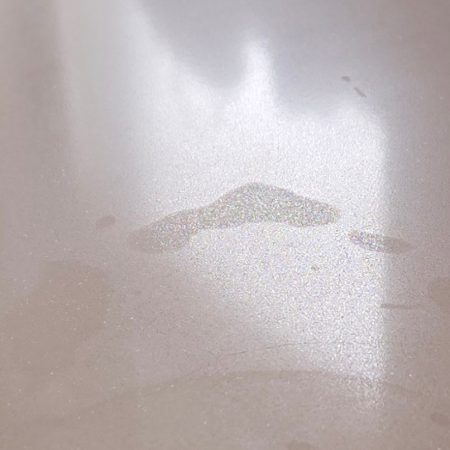Why is Silestone Not Ideal for Repolishing?
Silestone is a popular brand of engineered quartz, commonly used for countertops, but like many quartz surfaces, it has some unique characteristics when it comes to maintenance and polishing.
Composition of Silestone:
Silestone is made of about 90% natural quartz and 10% resin and other materials. While quartz is very durable, the resin can affect how well the surface can be polished. Resins are more prone to wear over time, and their smoothness can be compromised with aggressive polishing.
Finish Texture:
Silestone typically comes in a glossy (polished), matte (honed), or satin finish. The polished finish is achieved by buffing the surface to a high sheen. Once the finish begins to wear or gets scratched, trying to repolish the surface can often result in an uneven appearance, especially because the resin can be more difficult to work with compared to the quartz crystals.
Dullness After Repolishing:
Repolishing Silestone can cause more harm than good, as the surface may become streaky or uneven. The resins and binders within the material can be slightly different in how they respond to abrasives and friction during polishing, which might cause the polished areas to appear duller or uneven compared to the original finish.
Lack of Depth:
Unlike natural stone like granite or marble, quartz surfaces like Silestone don’t have the same depth of color or natural variegation. This means that when polished, there’s less of that reflective, almost translucent depth that you get with real stone, and over-polishing can lead to a less vibrant finish.
Risk of Damaging the Resin:
The resin that holds the quartz particles together can be damaged or deteriorate if not polished correctly. If the resin is worn or compromised, the surface can lose its uniform look, and there might be visible marks, especially around edges or areas where heavy use occurred.
If you want a high-sheen surface that can be easily polished over time, other materials like granite or marble may be better suited for that kind of maintenance, though they come with their own considerations.
Submit Your Order or Ask a Question :
You'll get a response within a few minutes or hours and usually not longer than 24 hours.


